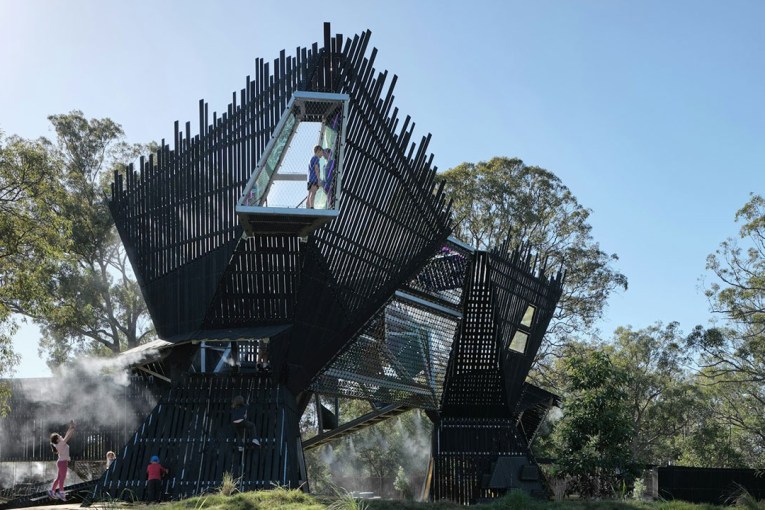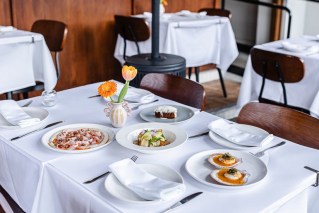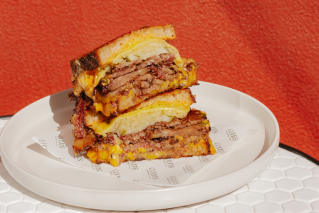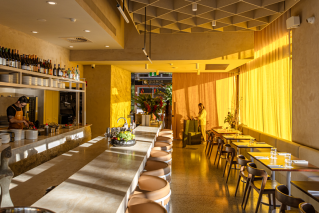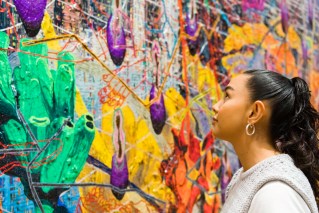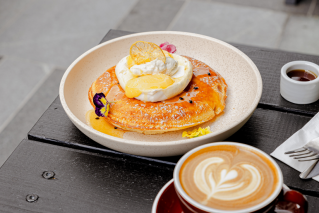Griffiths: We need more ‘truth’ and less tales of men and white girls
Hollywood superstar and activist Rachel Griffiths has called on the nation to emerge from Covid telling “truthful” Australian stories, rather than tales of males and white girls.

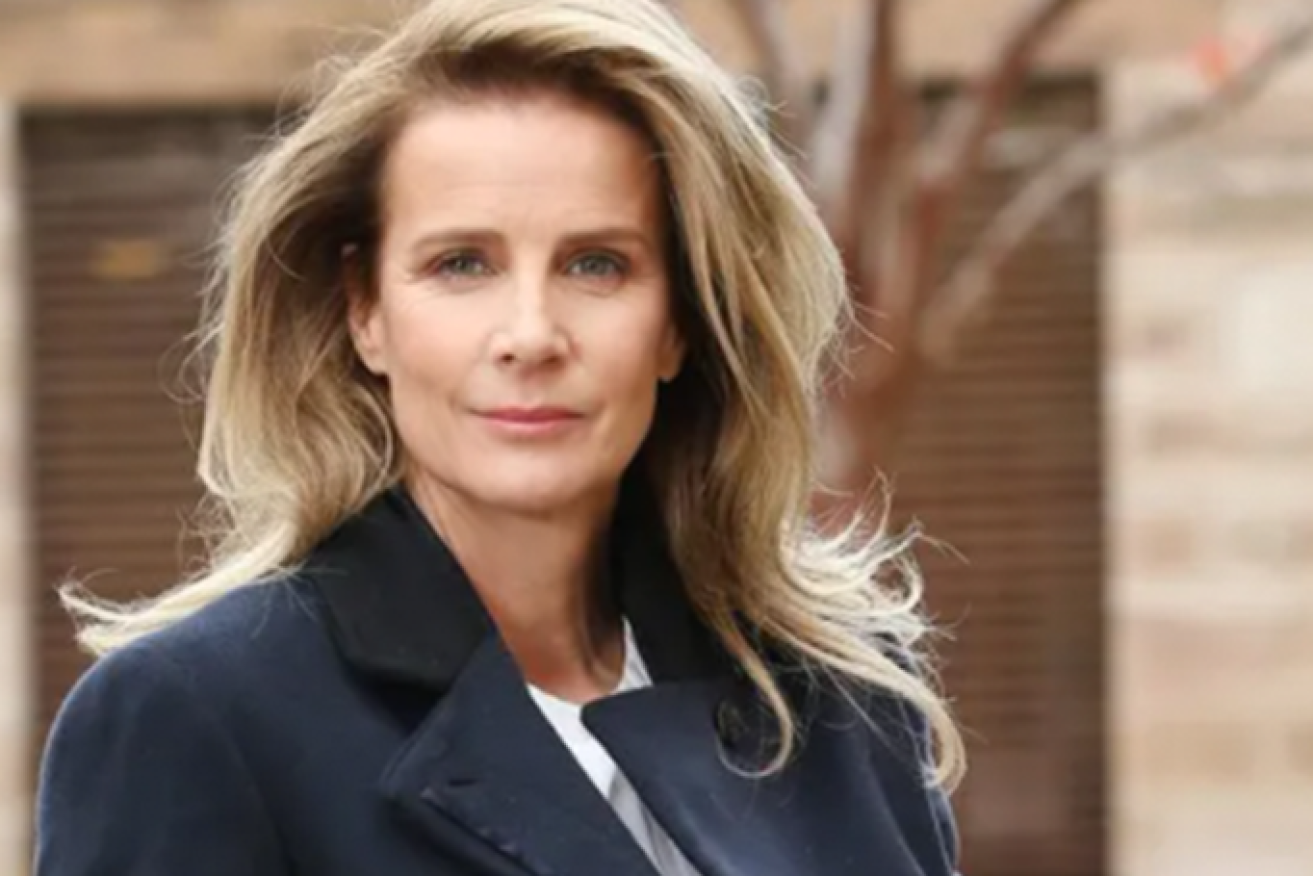
Actress and activist Rachel Griffiths says we need to tell more "truthful" Australian stories. (Image: Realestate.com)
The Muriel’s Wedding star and member of Screen Australia’s Gender Matters Taskforce, said it was no longer enough to aim for gender parity, but showcase true diversity in Australia’s arts sector.
“If we get to 2022 and the industry is 50 per cent gender balanced and it’s all white girls, we still have a problem, Houston,” Griffiths said.
Speaking from lockdown in Melbourne, Griffiths told an ‘In Conversation’ event hosted by Griffith University and Home of the Arts (HOTA) on the Gold Coast, that Australia’s booming film and television industry needed to represent modern Australia more accurately.
Taking aim at the failures of feminism and cancel culture, the multi award-winning actor turned producer and director said she feared the next generation of feminists had the “pithy language” to call out poor behaviour, but weren’t prepared to have the difficult conversations to “make it work.”
“It’s very easy to condone gender balance…but I think what we are really trying to do is have our Australian stories reflect this Australian nation in its gender, in its multicultural authenticity, and with its First Nations heart.
“And to have those stories told by the storytellers themselves, because when men only tell women’s stories, or white women tell First Nations stories, we don’t get great stories and we don’t get closer to knowing who we are,” she said.
“We’re not doing this to be woke. We’re not doing this to tick boxes.
“There’s two reasons why we do it: first, if we just make stories as white men, the stories just get really tired and repetitive.
“Number two is to grow up and not see yourself represented. If you grew up in this country and you do not see your story on screen, you’ve been excluded, you’ve been told you don’t exist,” she said.
“Sometimes I think when people say, ‘well why do we have to be so inclusive?’ that for me I think it’s more like, ‘how would you feel if you were excluded?’
“To exclude people from existing in our manufactured narrative is quite a violent act. It’s discriminating, it makes people feel like they are not part of this country.
“I think coming out of Covid we’re going to need to hear everybody’s stories so we can come back to being one.”
Griffiths, who will return to Australian screens in the second season of the political drama Total Control with Deborah Mailman next month, is among a parade of A-listers who have left America to return to Australia.
The local film and television industry has flourished during Covid lockdowns, turning Australia into the new Hollywood and attracting big names back home, including Chris Hemsworth, Isla Fisher and Rose Byrne.
Griffiths said significant progress had been made to reflect Australia’s diversity in the current film and television rush.
However, cancel culture risked greater advances, she said.
“We live in a time where we’re all confronting this decision every day: do I call it out and cancel or do I hang in a difficult conversation that’s incredibly emotionally exhausting and try to make something work and perhaps we will both grow from the experience,” Griffiths said.
“And I don’t know the next generation can do that. I’m not sure the next generation are interested in doing the work to make it work.”
